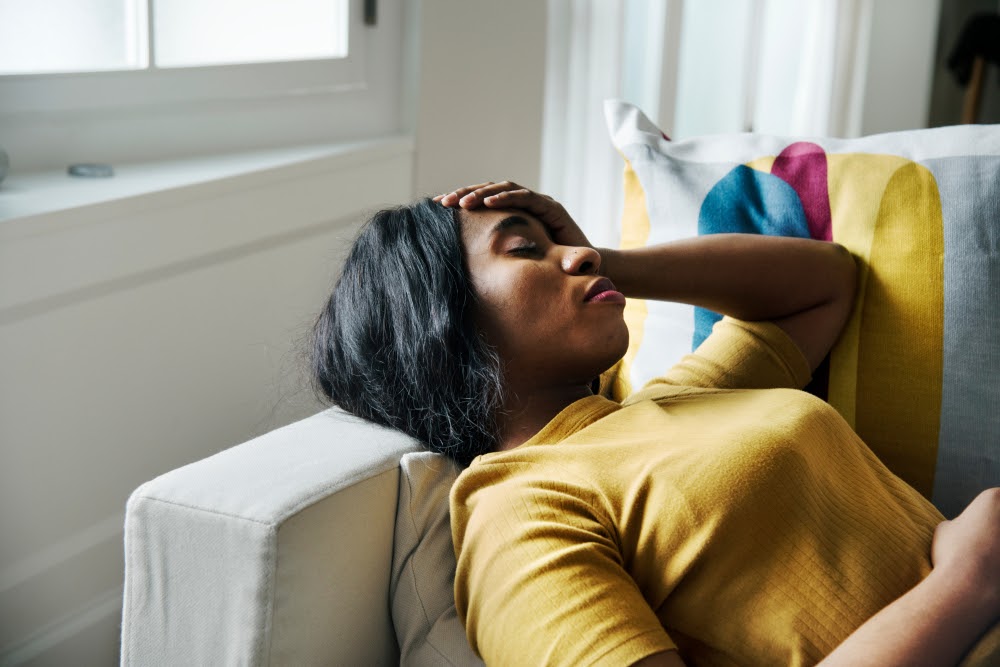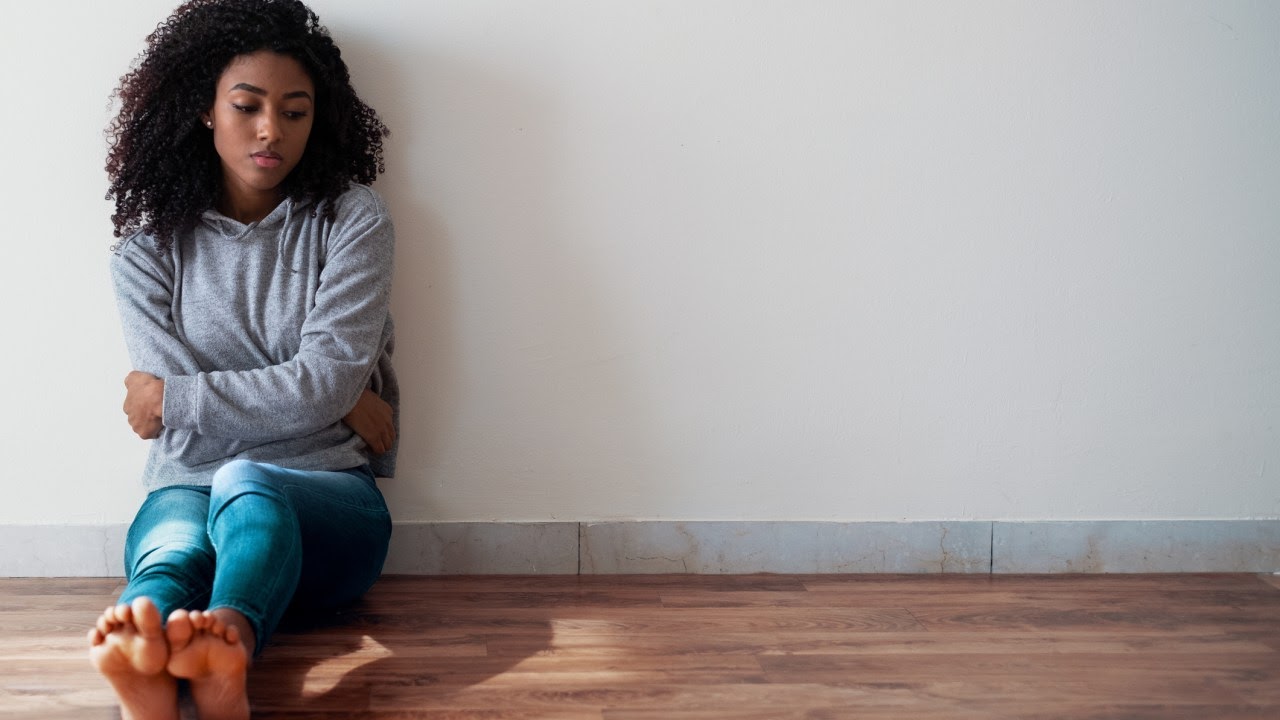Hero image courtesy of Pinterest.
Anxiety swirls into your life and obstructs your vision of what really is. This is why mental health professionals push mindfulness so much. It is not just some mambo-jumbo that they are feeding you. Anxiety can really twist your perspective. For instance, anxiety is similar to those mirrors at the fair. You look in the mirror to see a reflection of yourself and it stretches, shortens, elongates, and contorts your body. While these mirrors are often met with laughter because of their ridiculous exaggeration of the body, anxiety does just the same thing–it is a smoke and mirror trick. However, its perception changer is harder to distinguish.
Therefore, while you are deep in worry and fret it may seem that the situation is more severe than it actually is, your body perceptions may drastically change, and you may start to have problems with your self-image and blaming yourself for situations. However, there are proven ways to stop your perceptions from altering by reminding yourself of reality. So before you start seeing anxiety as a game of roulette–unpredictable and unfair–anxiety typically happens in patterns but may manifest differently. We provided for you the following things to help on your journey of navigating anxiety:
- Reminding you that things are not always what they seem
- Ways to recognize the patterns of thinking that are leading to warped realities
- How to deescalate extreme anxiety

Things Are Not What They Seem
Separating Fact From Fiction
When you are knee deep in anxiety, it alters your view of the world around you because you are enthralled in the situation that triggered this episode. It’s even based on science— when anxiety occurs, it sends chemical messages to your brain. This psycho-somatic phenomenon makes your brain and your body perceive your reality differently, which is called derealization. The first step is to recognize that it is your anxiety that is painting a situation as more severe or making your life feel completely out of control.
Anxiety signals that you do not have control over a situation generally. But anxiety sometimes makes it hard to read reality and the root of the problems. These are some tips to identify when your anxiety is talking rather than reality:
- Feelings of being lost and confused
- Having the inclination that something is not quite right
- Experiencing an outer body experience like you are separate from your body
- Possessing processing issues of what it going on

How to See Through The Gimmicks
Signs That Your Anxiety is Taking Control
The second step to take is to recognize the pattern of gimmicks that anxiety presents to you. When you have an anxious episode about work, does it perhaps signal that you are not doing a good enough job at work and that is why you are triggered or does it depict work as a horrific person-eating place? That is a bit extreme and totally untrue most of the time.
These are the lies that anxiety is telling you:
- you have no control (while you may not control the stressor you have some control over how you perceive it and frame it in your mind)
- There is no way out (there are many avenues to seek help and the average panic attack lasts about 30 minutes maximum but you can use strategies to manage your breathing and heart rate)
- Everyone or everything is out to get you (that is completely paranoia speaking. Oftentimes others are not even thinking about you in that moment, but your brain concocts a believable story that blows things out of proportion)

Exiting the Twilight Zone
How to Calm the Anxiety Messing With Your Mind
When anxiety takes control some of the best advice to apply is to control your breathing, use mindfulness to ground you in reality (counting objects in the room, focusing on your 5 senses, running your hands under cold water and focus on that physical sensation), and make sure if you are able to remove yourself from a potentially dangerous situation. For example, if you feel the onset of a panic attack remove yourself from the stressor or physical location where you may fall or pass out. But have no fear, there are many ways to cope with anxiety. According to the Anxiety and Depression Association of America, ways to manage anxiety are through the following:
- quiet time for reflection, meditation, yoga, massages, and relaxation techniques
- Eating, drinking, and sleeping right can decrease anxiety and the symptoms of it
- Deep breathing exercises
- Physical activity
- Relinquish control of that one specific thing that is making you anxious
- Talk with a therapist
- Track your triggers in a journal or app

Coping With Anxiety
Preparing To Ensure Wholeness During Anxious Episodes
Overall, we want you to show up as your best self. That means that we want you to feel whole and cope with anxiety in appropriate ways. Here are some ways to deal with your anxiety. Also, we suggest that you find a therapist. Therapists can help you navigate through Cognitive Behavioral Therapy to manage negative thinking and behaviors. Also a useful resource is using Moodpath to track your triggers and feelings, as well as the anxiety test. You will make it through this because you are stronger than you think and you are more than capable.
